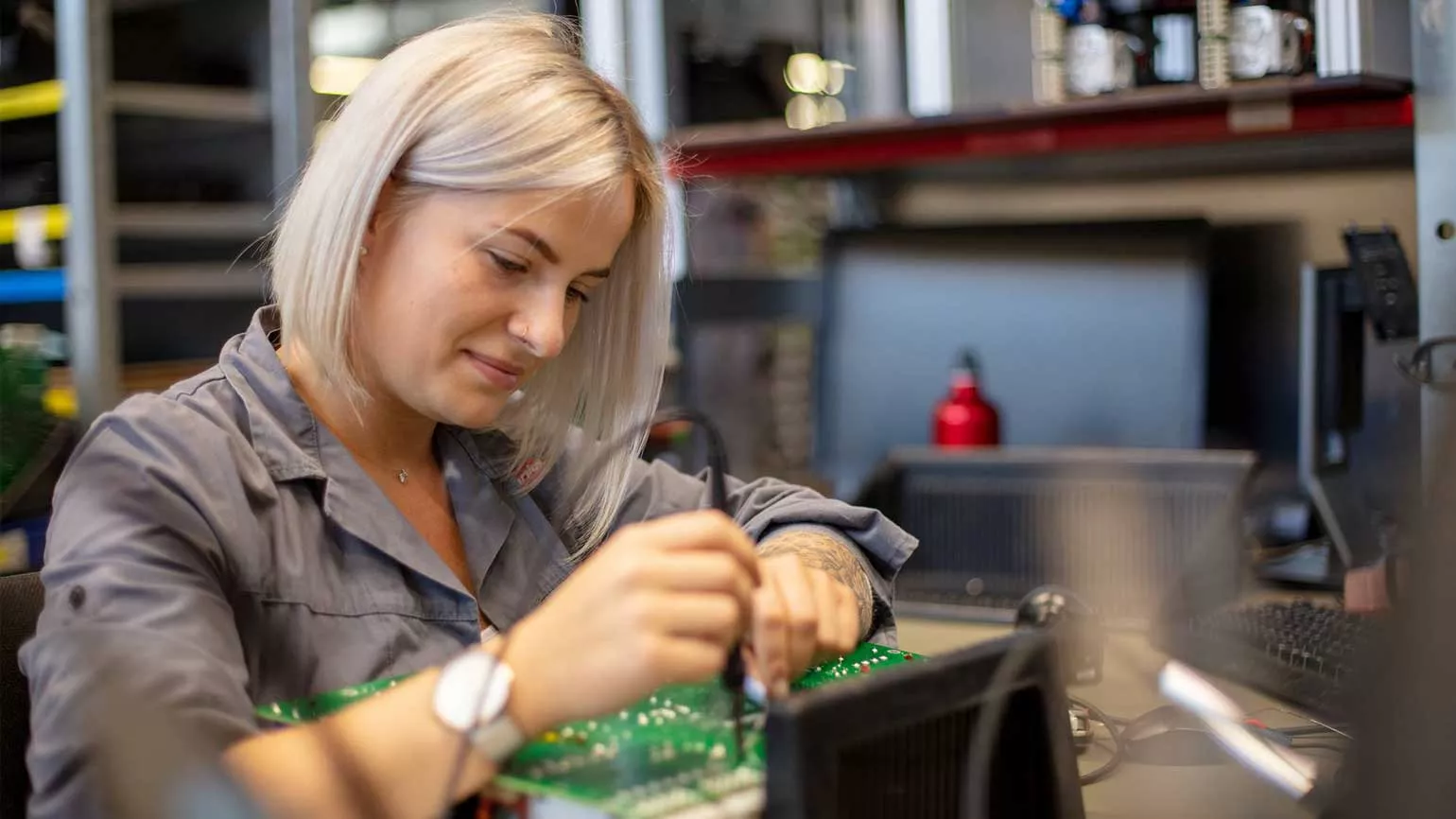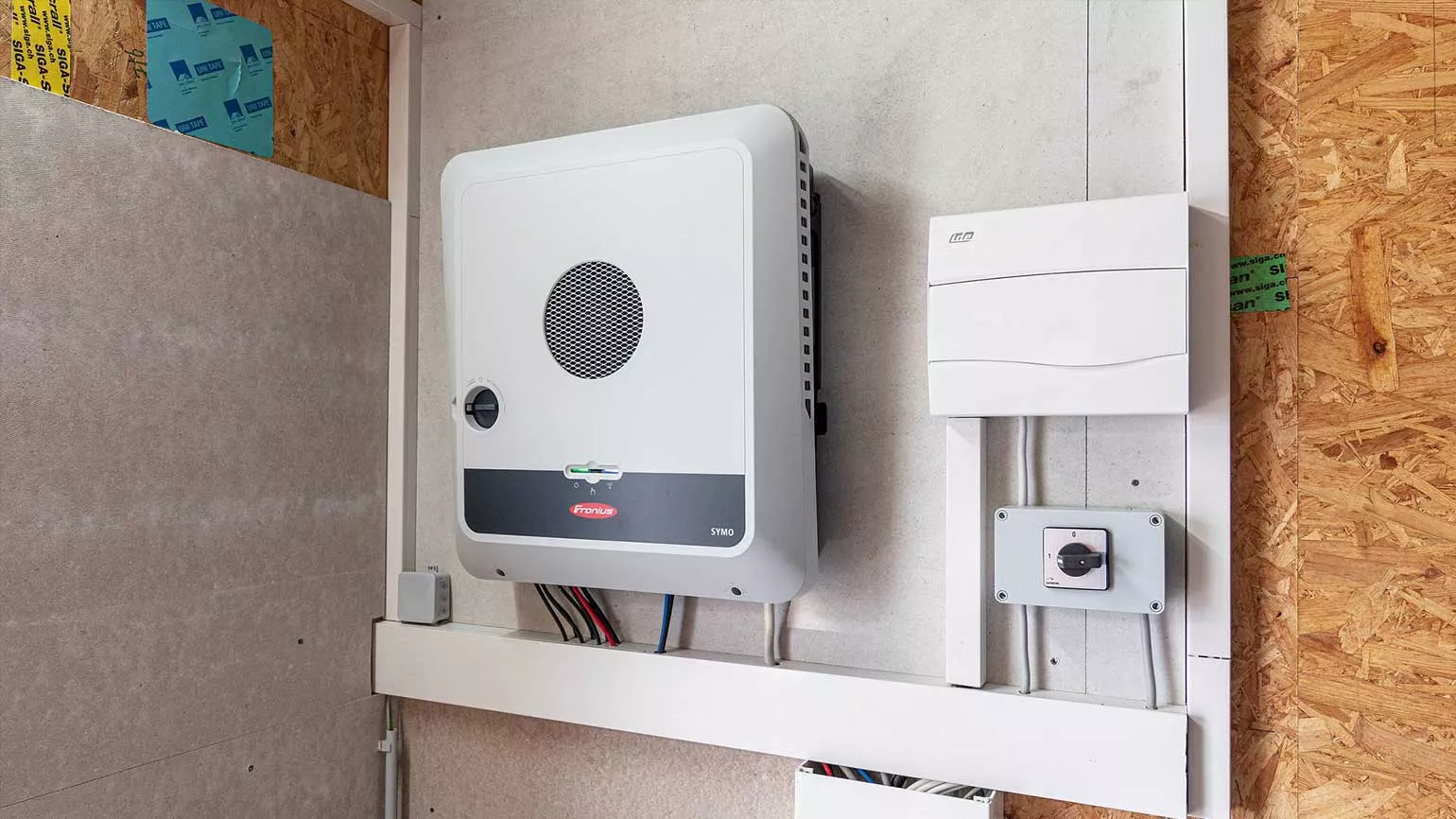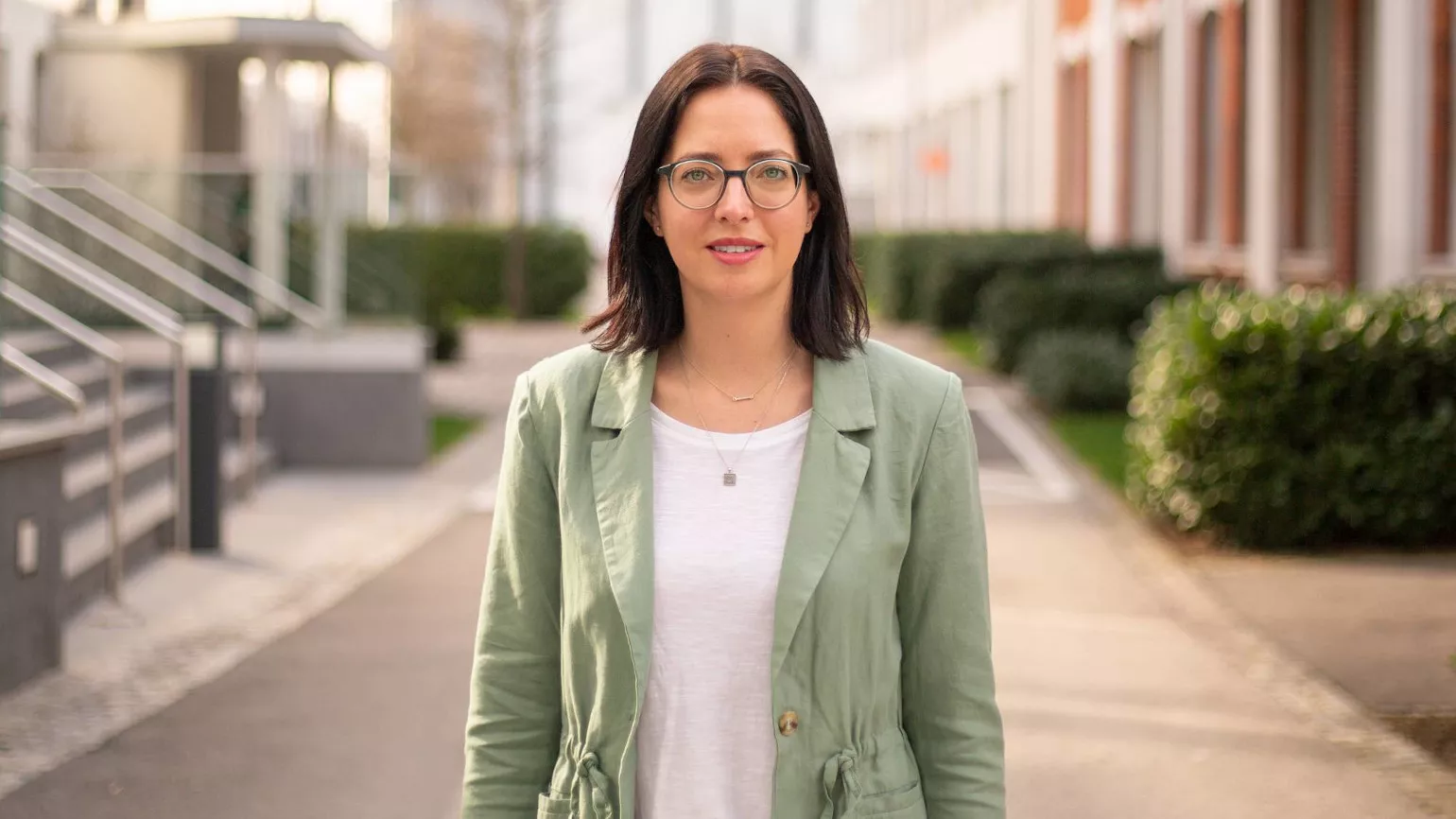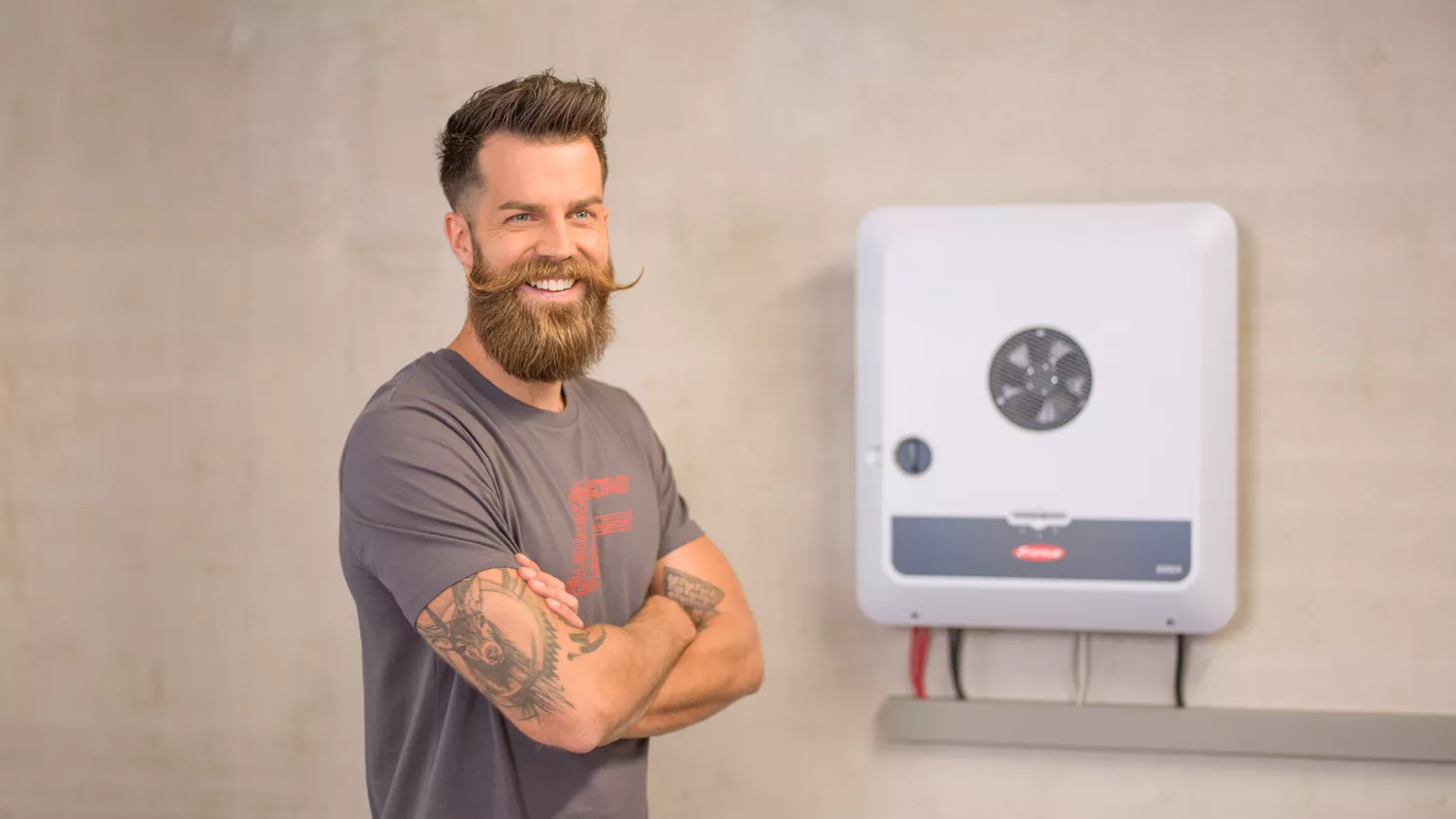Sustainable Products – from Idea to Recycling
Sustainability along the product life cycle
We set ourselves the target of achieving sustainability along the entire product life cycle. After all, it is only when a sustainable approach is taken to the development, production, use, and disposal of a product throughout its total life cycle that they can make a significant contribution to CO2 reduction. This is why, when developing new products, we pay special attention to long service life, efficiency, and effectiveness, as well as the ease with which they can be repaired or recycled.

For us here at Fronius, sustainability is not just a word. It is deeply rooted in the way we think and how we act. We invest in years of research, so that the products and solutions we design are fit for the future and sustainable
says Martin Hackl, Global Director of the Business Unit Solar Energy, Fronius International GmbH.
The GEN24 Plus hybrid inverter is a prime example of sustainability
The Fronius GEN24 Plus hybrid inverter is a good example of how sustainability can work along the total life cycle. For an entire year, we examined the life cycle of the GEN24 Plus inverter together with a sustainability expert. From raw materials to sustainability in production, to transport routes, to ease of device repair and recycling: everything was put under the microscope.
The results of this life cycle analysis speak for themselves – and have also been confirmed by the renowned Fraunhofer Institute in Germany: the environmental benefits are up to 26-times higher than the energy expended in manufacturing and operating the inverter, and in recycling or disposing of the waste.
Up to 16,932 kg CO2 are saved with the GEN24 Plus inverter during an assumed service life of 20 years (compared to the alternative of obtaining electricity from the grid). This is equivalent to roughly nine flights from Munich to New York.

Only very few electronic products can claim to make savings in CO2 emissions that, by comparison, outweigh the CO2 emissions produced in manufacturing, operation, and disposal
says Martin Hackl proudly on the findings of the life cycle analysis.
Sustainable products are made to last
For us, sustainability also means high-quality products with a long service life. Not only do our customers then save a lot of money, but we also generate less waste and stop wasting resources. This is why we subject our products to the strictest of tests under many different conditions – and even go way beyond the requirements laid down in the applicable standards. This has helped us establish a global reputation for high quality that withstands any number of challenges from temperature, moisture, dust, or salt.
Problems with our devices are rare, and are usually quickly corrected. This is because fast and easy repair is an important pillar of our sustainability strategy:
- Repairing products instead of disposing of them saves money, resources, and waste
- With an ingenious system for replacing PC boards or power stage sets, problems can be corrected on site within a very short time, and green energy production swiftly resumed.
- Should it still be necessary to send in devices for repair, we have Fronius Repair Centers in our 21 subsidiaries throughout the world, so that long-distance transportation is avoided.

Sustainability is a way of life at Fronius:

- The photovoltaic systems at our production sites allow Fronius to generate almost 2,000 MWh of solar power per year, which could cover the electricity needs of around 500 households
- 86% of the energy used comes from sustainable sources (solar energy, biomass, geothermal energy, green electricity)
- 87% of all waste is recycled, re-used, or composted
- The buildings at Fronius sites are heated and cooled with solar energy, biomass, and geothermal energy, and have ingenious energy-saving systems
- More than 150 electric charging points for cars and bicycles, as well as a hydrogen refueling system, are available


